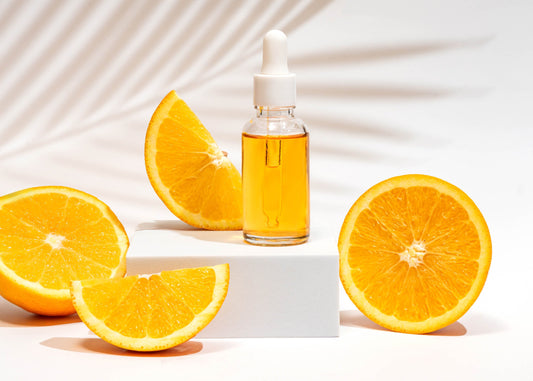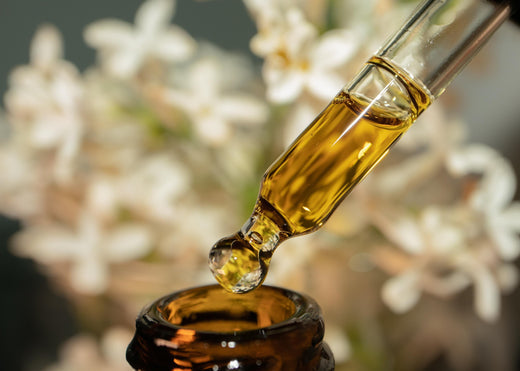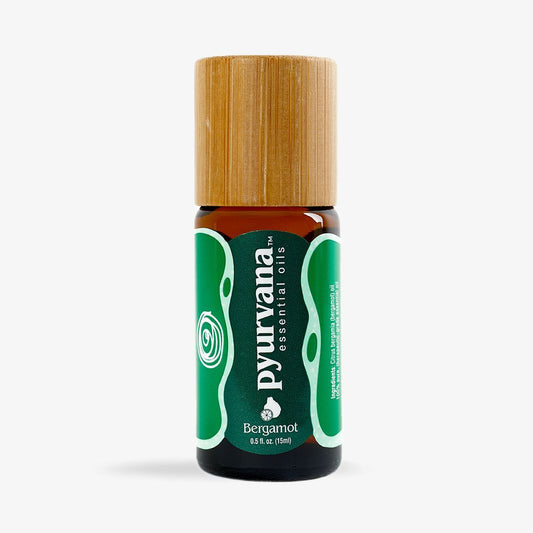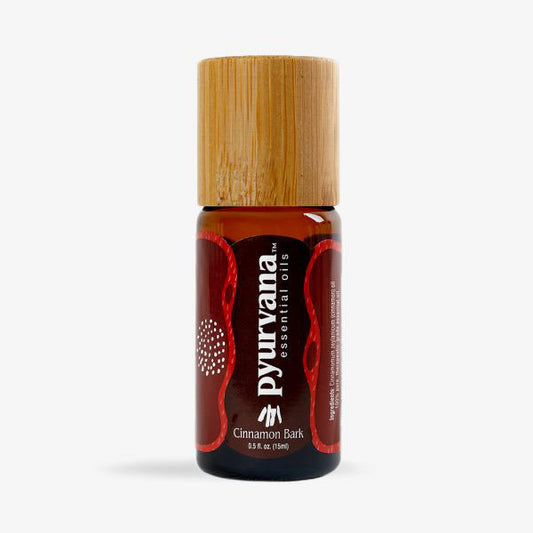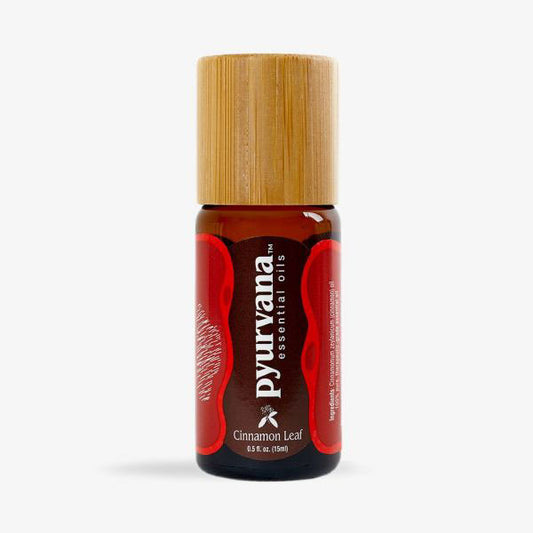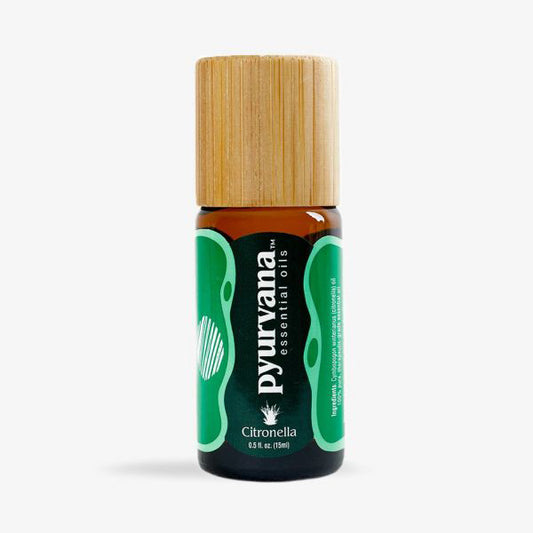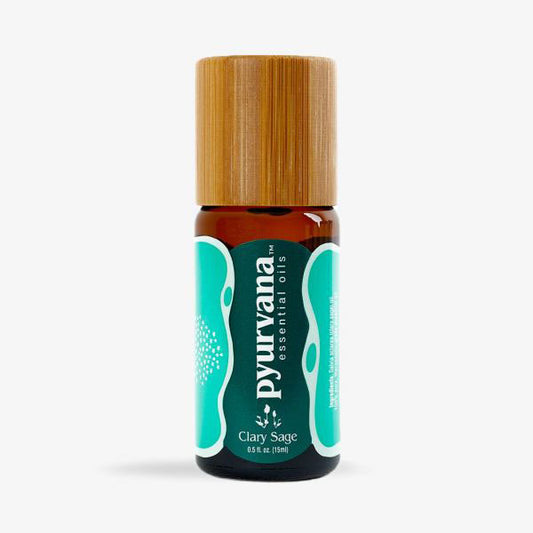Tips for Avoiding UV Damage
Ultraviolet (UV) radiation is a type of electromagnetic radiation that comes from the sun. It is a known human carcinogen, meaning it can cause cancer. According to the World Health Organization, skin cancer is the most common cancer in the world, and exposure to UV radiation is its main cause. To protect yourself from UV radiation, you must understand the different ways that UV radiation can harm your skin and how to avoid it.
Ways UV Radiation Can Harm Your Skin
UV radiation can damage your skin in several ways, even when you aren’t in direct sunlight. Penetrating rays through clouds and glass and damage over time can both lead to skin cancer symptoms.
Penetrate Through Clouds
It's essential to remember that UV radiation can penetrate through clouds and even glass, so don't let a cloudy day fool you into thinking that you don't need protection. UV radiation can also reflect off surfaces such as water, sand, and snow, increasing exposure to UV radiation. When spending time near water or in the mountains, take extra precautions to protect your skin.
Damage Over Time
UV radiation can also cause damage to your skin over time, not just during a single sunburn. Damage over time is why it's necessary to protect your skin from UV radiation daily, even when you're not spending long periods in the sun.
Skin Cancer
Lastly, it's important to be aware of the signs and symptoms of skin cancer, so that if you notice any changes in your skin, you can seek medical attention immediately. Some of the signs of skin cancer include new moles, moles that change in size, shape, or color, moles that itch or bleed, and sores that do not heal. If you notice any of these changes in your skin, you should see a dermatologist for an evaluation.
Factors That Affect UV Exposure
In addition, there are several factors, like photosensitivity and skin type, that can make your skin more susceptible to UV damage.
Photosensitivity
If you have photosensitive skin, you should avoid the sun as much as possible. Photosensitivity is a condition where the skin is more sensitive to UV radiation. People with photosensitive skin are more likely to get sunburned and are at a higher risk of developing skin cancer. If you have photosensitive skin, you should take extra precautions to protect your skin from UV radiation, such as wearing protective clothing, using sunscreen, and staying out of the sun during peak hours.
Skin Type
Another aspect to consider when it comes to UV exposure is skin type. People with fair skin, red or blonde hair, and blue or green eyes are more likely to get sunburned and are at a higher risk of developing skin cancer. These individuals should also take extra precautions when spending time in the sun.
How to Protect Your Skin From UV Radiation
Protecting your skin from the sun will help ensure you don’t damage your skin from UV radiation. Let’s explore some of the dos and don’ts of avoiding UV damage.
Do: Wear Sunscreen
Using sunscreen is one of the most effective ways to protect your skin from UV radiation. Sunscreen is a product you apply to your skin that absorbs or reflects UV radiation. It is crucial to use sunscreen with a sun protection factor (SPF) of at least 30 and to apply it 30 minutes before going outside. You should also reapply sunscreen every two hours or after swimming or sweating. When choosing a sunscreen, look for one labeled broad spectrum, which means it protects against both UVA and UVB radiation.
Do: Wear Protective Clothing
Another way to protect your skin from UV radiation is by wearing protective clothing. Clothing can block UV radiation and is a great way to protect your skin when in the sun for long periods. Long-sleeved shirts and pants can all help protect your skin from the sun’s rays. When choosing clothing to wear in the sun, look for fabrics labeled UPF (ultraviolet protection factor) or UV protection. These fabrics are designed specifically to block UV radiation.
Wearing sunglasses and wide-brimmed hats is also a great way to protect your eyes and face from UV radiation. Sunglasses should have UV protection to block harmful rays, and wide-brimmed hats can shield the face, ears, and neck from sun exposure.
Don’t: Spend Time Outside During Peak Sun Exposure Hours
It's also necessary to avoid peak hours of sun exposure between 10 am and 4 pm. This time frame is when the sun's rays are the strongest, and you are most likely to get sunburned. If you must be outside during these hours, take extra precautions to protect your skin, such as wearing protective clothing, applying sunscreen, and seeking shade.
Don’t: Regularly Use Tanning Beds
Avoiding tanning beds is also a key factor in protecting yourself from UV radiation. Tanning beds use UV radiation to darken the skin and can be just as dangerous as the sun. According to the American Academy of Dermatology, people who use tanning beds are more likely to get skin cancer than people who don't. If you want a tan, it is best to use a self-tanning product or to get a spray tan.
Pyurvana Skin Care Products
At Pyurvana, we carry health and beauty products that can help you look and feel like the best version of yourself. This includes essential oils to add to your skin care routine, ultrasonic diffusers for an aromatherapy experience, and carrier oils for moisturization and dilution. When you choose from our many products, you can trust that you are getting outstanding items made from high-quality materials.



